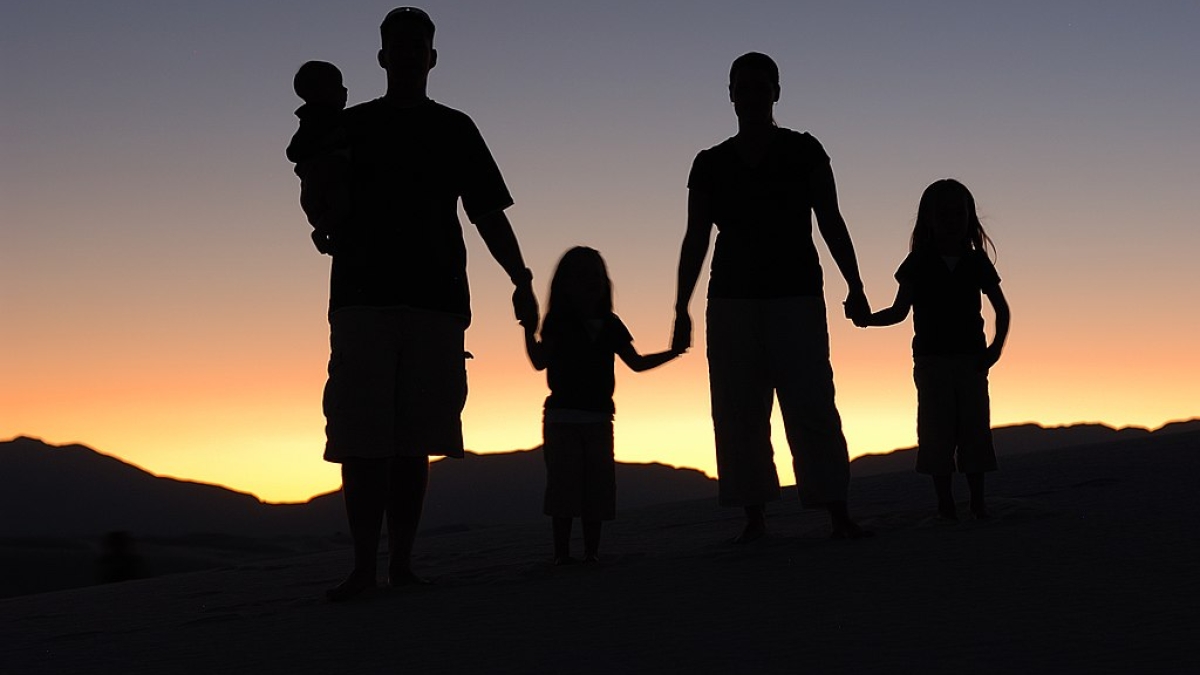Immigration uncertainty causing distress among US Latino parents, says new research

Immigration uncertainty is causing headachesHeadaches can be a common symptom of an anxiety disorder, according to the Anxiety and Depression Association of America. — literally — for millions of Latino parents across the country, regardless of their legal status.
A new study by researchers from George Washington University and Arizona State University says as much, pointing to the recent changes in U.S. immigration policy as trigger points for symptoms of psychological distress — including clinical anxiety and depression — experienced by a significant number of U.S. Latino parents.
“Across the board, parents in our study reported that recent immigration actions and news had affected their behavior,” said study co-author Rebecca White, an associate professor in the T. Denny Sanford School of Social and Family Dynamics at ASU.
“Parenting is hard,” added White. “Research generally shows that parents with high psychological distress have difficulty being there for children, demonstrating warmth and monitoring their children’s behaviors. From this study, we can see that parenting may have gotten a lot harder for many Latino parents in the U.S. since the 2017 inauguration.”
Led by Kathleen Roche, an associate professor of prevention and community health at Milken Institute School of Public Health at George Washington University, the study was recently published in the Journal of Adolescent Health. It is one of the first to look at how the 2017 U.S. immigration policies are affecting Latino parents — and by extension their teenage children.
Roche, White and other researchersMaria Ivonne Rivera of The Rivera Group, Inc. was also a co-author on the study. surveyed 213 mostly Central-American parents of adolescent children recruited from a suburb of a large mid-Atlantic city for the study.
Even though the majority of the parents who participated in the research were living in the U.S. legally — whether as a citizen, permanent resident, or under temporary protected status — the findings showed a substantial proportion of U.S. Latino parents experiencing high levels of emotional and behavioral consequences from recent immigration actions and news.
Of the parents surveyed, for example, 64 percent said they were very often or always worried about family members being separated. Almost 40 percent said they frequently avoided getting medical care, help from police or support from social services because of immigration actions and news. And almost half of the parents reported that recent immigration events had led them to very often or always warn their teenagers to stay away from authorities and to change their behaviors, such as where they hang out.
The study also suggests that frequent worries or changes in behavior due to immigration news and policies had at least a 300 percent increase in the odds of severe psychological distress, including symptoms of clinical anxiety and depression.
White says adolescent researchers such as herself are particularly concerned about this finding because heightened psychological distress can negatively affect teenagers in the way of increased risk of mental health problems, difficulties in school and related challenges. She also says parental psychological distress is not equally distributed across society.
“As a white European-American parent, my tween daughter and I don’t have the added burden of worrying that she might get harassed by authorities, or that our family could be separated due to immigration policies,” White said. “I have extra time to talk to her about her homework and friends because I don’t have to spend time trying to figure out how best to explain why it is not safe for us to seek medical care.”
White called her experience working with Roche and community organizers on the study “exciting” and “seamless.”
“These are real impacts on real lives and our collaboration helped to scientifically document that,” she said.
“Impacts of Immigration Actions and News and the Psychological Distress of U.S. Latino Parents” was published online March 1 in the Journal of Adolescent Health.
Top photo courtesy of Wikimedia
More Arts, humanities and education

ASU alumna makes her way back to the ASU Gammage stage for '¡azúcar!'
As the Los Angeles-based CONTRA-TIEMPO dance group prepares for its upcoming production “¡azúcar!” at ASU Gammage, for one member of the dance group it is also a nostalgic return to her home.Born in…

ASU FIDM professor wins international award for fantastical, sustainable creation
The horror of an ailing Earth inspired an Arizona State University fashion professor to create a fantastical garment out of sustainable, re-used and found materials that won a prestigious…

ASU workshop trains educators, professionals from marginalized communities in disaster science
As devastating as hurricanes can be to anyone caught in their paths, they strike marginalized communities even harder.To address this issue, a fund named for a former Arizona State University…